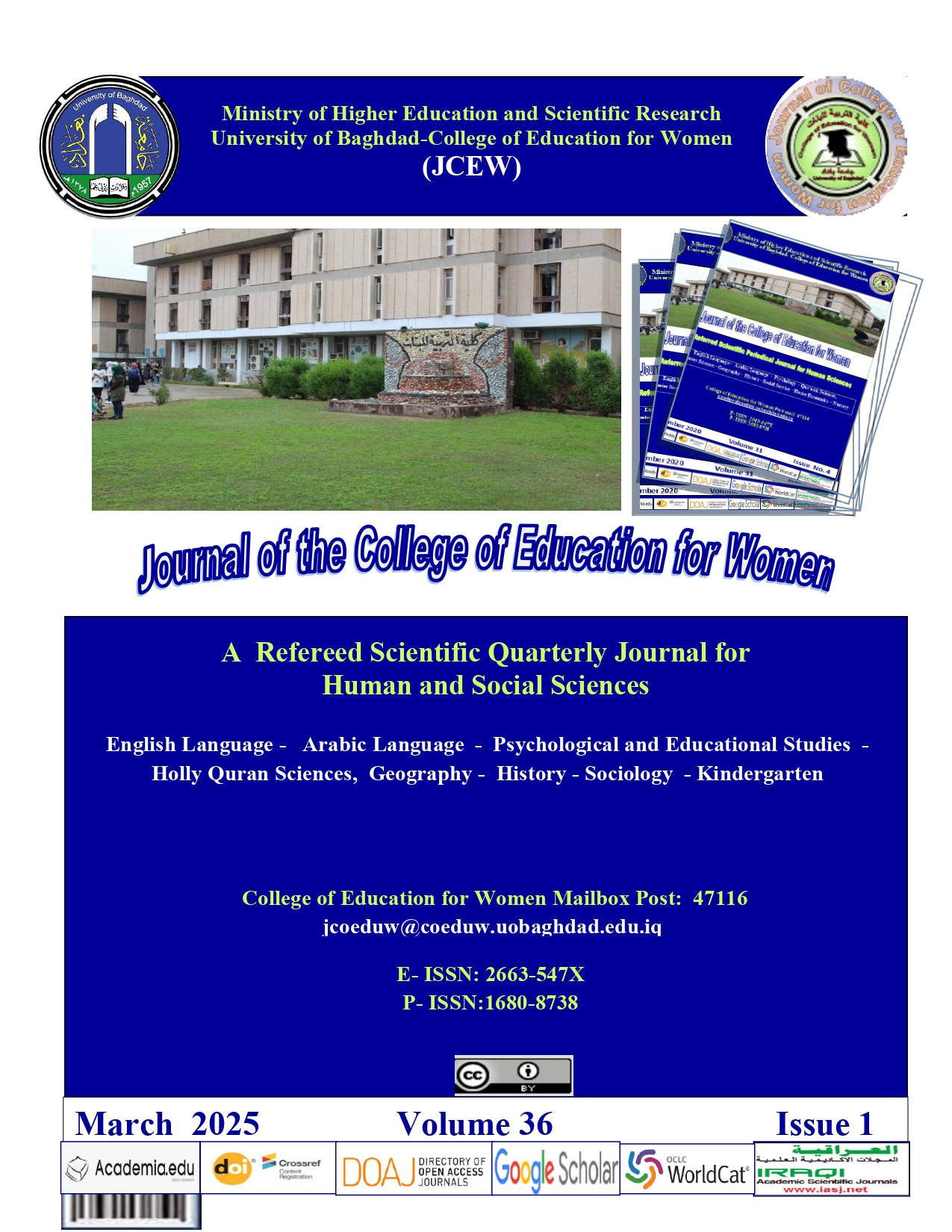Investigating Teaching Values in Teacher Education at Salahaddin University
DOI:
https://doi.org/10.36231/coedw.v36i1.1798Keywords:
Education Values, Teacher Education, ValuesAbstract
Universities are not value-neutral educational zones but institutions for personality building and knowledge provision. This is especially true for teacher education colleges, where future teachers graduate. This study aims at investigating the extent to which teaching values is being incorporated into teaching EFL in colleges of Education and Basic Education at Salahaddin University. Besides, it tries to determine which value dimension is emphasized most by them. Finally, it attempts to uncover the challenges encountered when teaching values. This study adopts a mixed-method approach. A questionnaire will be used to obtain the quantitative data from 34 teachers, and the qualitative data will be collected from 8 teachers through an unstructured interview. The results revealed that Kurdish EFL teachers teach values in their classes, care about socializing students into appropriate behaviour, and exert an influence on them to internalize societal values and expectations. Their integration of teaching different values was almost identical, and teachers devoted equal time to teach values. Among the common challenges encountered by teachers when teaching values, they mentioned the controversial nature of the concept of ‘value’ itself and students’ disinclination to receive moral lessons.
Downloads
Published
Issue
Section
License
![]()
All articles published in Journal of College of Education for Women are licensed under a Creative Commons Attribution 4.0 International License.











